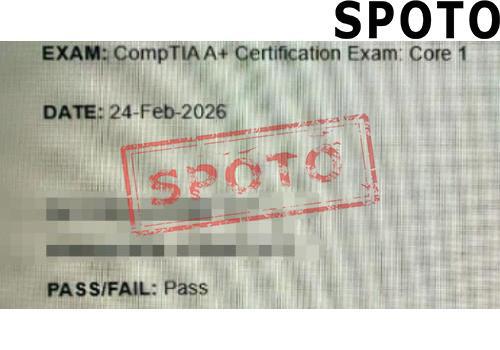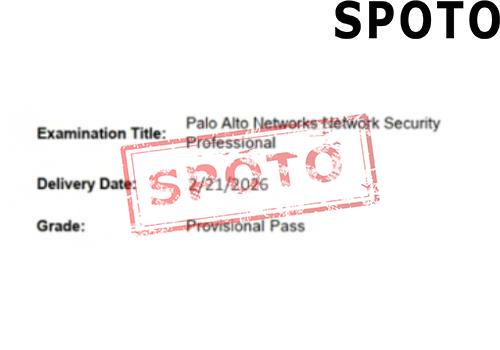
Table of Contents
IT infrastructure specialists are IT professionals who are responsible for designing, maintaining and coordinating the hardware, software and network systems of an enterprise or organization.This article will introduce you to what an IT Infrastructure Specialist is, the career information and prospects of an IT Infrastructure Specialist and the necessary conditions to become an IT Infrastructure Specialist.
1. What is an IT Infrastructure Specialist?
IT infrastructure specialists are IT professionals who are responsible for designing, maintaining and coordinating the hardware, software and network systems of an enterprise or organization.
2. What does an IT Infrastructure Specialist do?
The responsibilities of an it infrastructure specialist include the following: First, they need to develop functional and technical requirements and specifications, that is, implement defined processes and practices to manage systems, software, and networks to ensure consistent and reliable operation to meet business needs. Secondly, manage accounts, documents, and access rights to systems and devices, monitor the performance, capacity, availability, maintainability, and recoverability of installed systems, and diagnose, troubleshoot, and resolve system problems and/or respond to outages. Finally, ensure that the rigorous design and development of custom programs complies with information security/information assurance policies, principles, and practices.
3. Career Insights: Salary, Outlook & Related Roles
(1) IT Infrastructure Specialist Salary
According to ZipRecruiter data on May 26, 2026, the average annual salary for IT Infrastructure Specialists in the United States is $84,361. That's $40.56 per hour. That's $1,622 per week or $7,030 per month. Annual salaries can be as high as $146,500 and as low as $31,000, but most IT Infrastructure Specialists currently make between $65,000 and $98,500, with top earners making as much as $132,000 per year across the United States. The average salary range for IT Infrastructure Specialists varies widely (up to $33,500), which means there may be many opportunities for advancement and pay increases based on skill level, location, and years of experience.
(2) Job Outlook of IT Infrastructure Specialist
As one of the occupations in computer and information technology, IT Infrastructure Specialist has a strong and optimistic job outlook. According to data from the U.S. Bureau of Labor Statistics, the overall employment growth rate of computer and information technology occupations is expected to be much faster than the average for all occupations between 2023 and 2033. Due to job growth and the need to replace workers who permanently leave this occupation, it is expected that these occupations will have an average of about 356,700 job vacancies each year.
(3) Similar Occupations
- System Administrator
- Network Engineer
- IT Support Specialist
- Infrastructure Engineer
- DevOps Engineer
- Solutions Architect
- IT Infrastructure Manager
- IT Field Engineer
- Enterprise Support Specialist
- IT Support Engineer
4. What Are the Qualifications to Become an IT Infrastructure Specialist?
(1) Obtain a Bachelor's Degree
In the job search process, employers tend to recruit candidates with relevant majors. The degree requirements for IT Infrastructure Specialist are usually a bachelor's degree in a related field such as computer science, engineering, or information technology. Of course, a higher degree can help career development.
(2) Develop professional skills
it infrastructure specialistIT is a key position in the information technology department of an enterprise. This position requires a number of technical capabilities, including operating system management (such as Windows Server, Linux), network configuration and maintenance (such as TCP/IP, VPN, VLAN), virtualization technology (such as VMware, Hyper-V), cloud platform operations (such as AWS, Azure) and database management. In addition, it is necessary to have practical experience in backup and disaster recovery mechanisms and understand basic information security technologies (such as firewalls and intrusion detection systems). In addition to technical capabilities, IT infrastructure specialists also need to have excellent problem-solving skills, communication and coordination skills, project management experience and the ability to quickly learn and adapt to new technologies. Common related certifications include CompTIA A+, Network+, Security+, Cisco CCNA, Microsoft Azure certification and ITIL Foundation.
(3) Earn Industry Certifications
Obtaining a certification that is highly recognized by the industry can prove your professional ability and ability to perform the position, and can also enhance your competitiveness in the workplace. Therefore, we recommend that you obtain the Cisco Meraki Solutions Specialist Certification.The Cisco Meraki Solutions Specialist Certification, offered by Cisco, is a prestigious credential recognized worldwide. It validates an individual's expertise in managing and deploying Meraki solutions. This certification signifies a professional’s ability to configure and troubleshoot Meraki networks and devices effectively. Certified Cisco Meraki Solutions Specialists play a crucial role in maintaining the efficiency and reliability of network infrastructures using Meraki technology.










